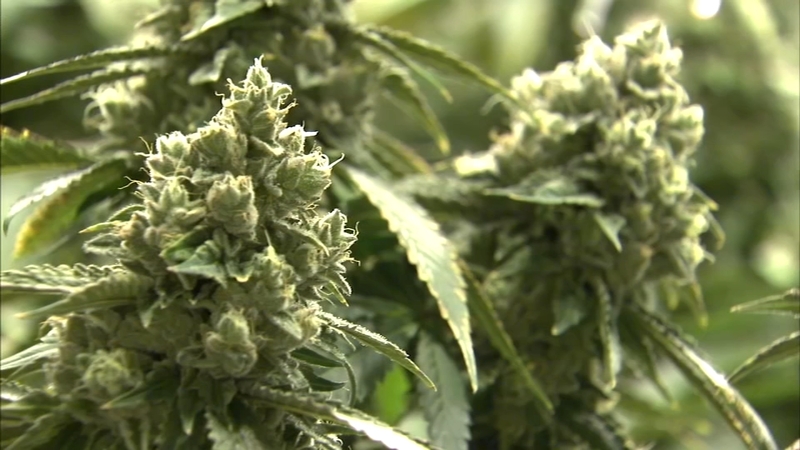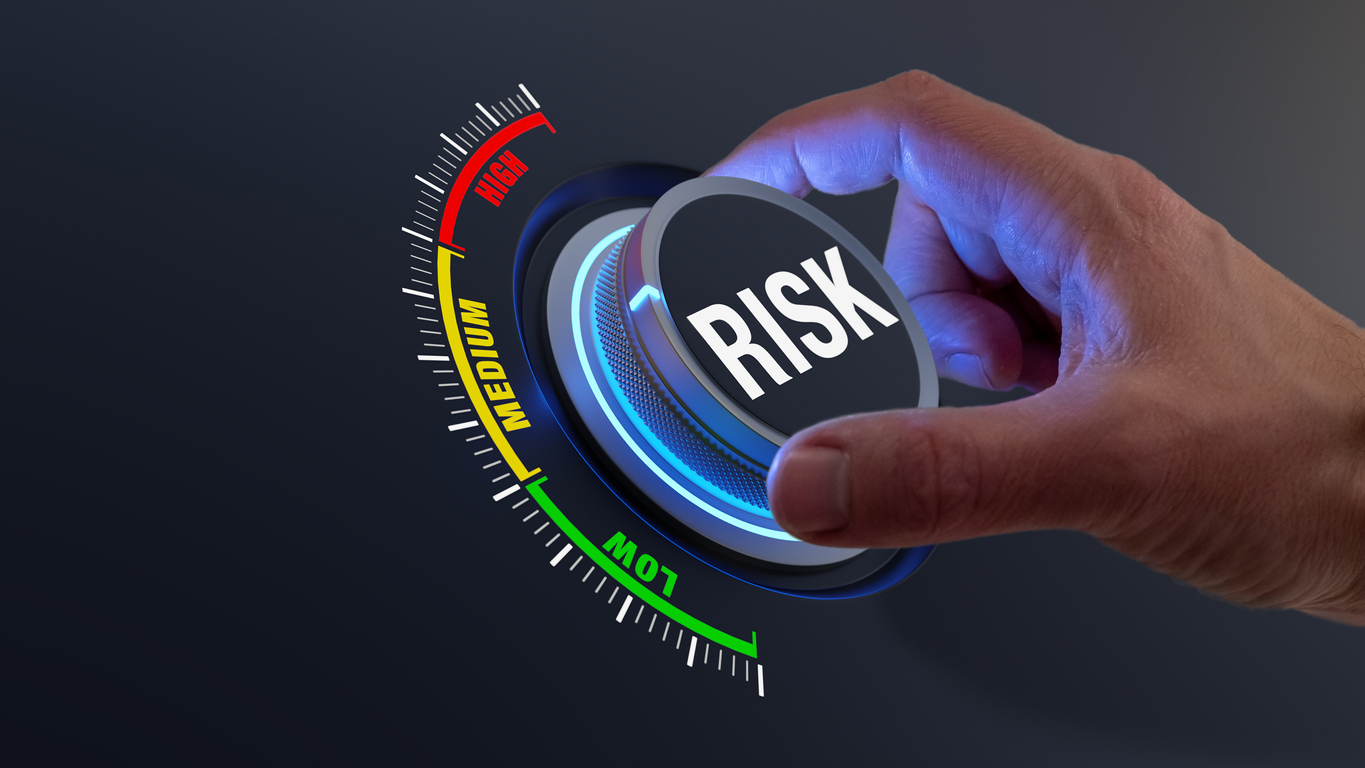
The state of Illinois has received approximately $62 million from legalized cannabis sales that have been set aside towards developing the community and supporting small businesses in the region, according to a report.
While plans have been made towards how the money would be spent, the state is yet to begin with it, and one of the reasons for that is the state’s process for issuing new cannabis business licenses, said the report.
Increased Number of Marijuana License Requests
Officials also state that another reason why it is yet to disburse the funds is due to the high number of funding requests. Many entrepreneurs and communities in Illinois are in desperate need of support and state officials need to issue new licenses soon to tackle this growing problem, said Senator Heather Steans, co-sponsor of the bill that legalizes marijuana in the state.
“I’m certainly hoping those dollars get out as soon as possible,” said Steans, who introduced the plan to reward the state’s most desperate regions.
“We did a lot to make this the most equitable cannabis system in the country. … We haven’t yet seen the results we wanted in any of those areas, so we obviously need to stay on it.”
According to the state’s Department of Revenue, approximately $175 million has been generated in tax revenue since the sales of recreational cannabis started in January 2020. Although regulations around the legalization of cannabis continue to change, it has been quite difficult for cannabis-based business owners to find merchants who specialize in cannabis sales that allows them to use modern payment methods.
Marijuana Industry & Accepting Online Payments via Credit & Debit Cards
With the growing acceptance around cannabis due to strong awareness of its various uses, more entrepreneurs and investors are turning their attention toward the sector. Cannabis payment processing is now an important part of the online, retail and medical payments industry, allowing them easily accept debit and credit card payments through various channels.
Despite the coronavirus pandemic causing a massive downturn of events globally, the cannabis industry witnessed a surprising boom in sales and this year, we might witness more legalization across the U.S.—with recreational cannabis legal in 15 states and medical cannabis made legal in 36 states.
The Growing Legalization of Cannabis
Governor of New York, Andrew Cuomo suggested late last year that the state is now “ripe” for the legalization of cannabis, especially since recent successes in places like Illinois has shown just how much of an economic boost cannabis legalization can be.
“I think this year is ripe [for legalization] because this state is going to be desperate for funding, even with Biden, even with the stimulus, even with everything else, we’re still gonna need funding and it’s also the right policy, so I think we get this done,” said Governor Cuomo while speaking on possible legalization in 2021.
New York isn’t the only American state considering legalizing cannabis this year. Connecticut also plans to decriminalize cannabis with Governor Ned Lamont suggesting that the state is ready to legalize recreational cannabis like its neighboring states.
“Right now, I’m surrounded by states — New Jersey and Massachusetts — where marijuana is already legal. I don’t need a lot of people driving back and forth across the border,” said Governor Lamont.
“We’re trying to keep people close to home as best we can right now. I think legalizing marijuana — doing that safely and making sure that no poison is laced in — I think is one to keep people closer to home.”
Similar to New York, Connecticut would benefit financially from the legalization of marijuana, especially with the state suffering a budget deficit of $1.2 billion.
Officials in Illinois are blaming the COVID-19 pandemic for the delay in disbursing funds but some of those who are seeking funding for their respective communities and businesses are getting tired of waiting. Spokeswoman Yolanda Joe has called for more patience from the public as the state continues to review the high volume of applications received thoroughly and considerably, in line with the program’s rules.
It’s high time the state starts fulfilling its promises of community investment and ensure that those who are given license or grants truly originate from disadvantaged regions.






